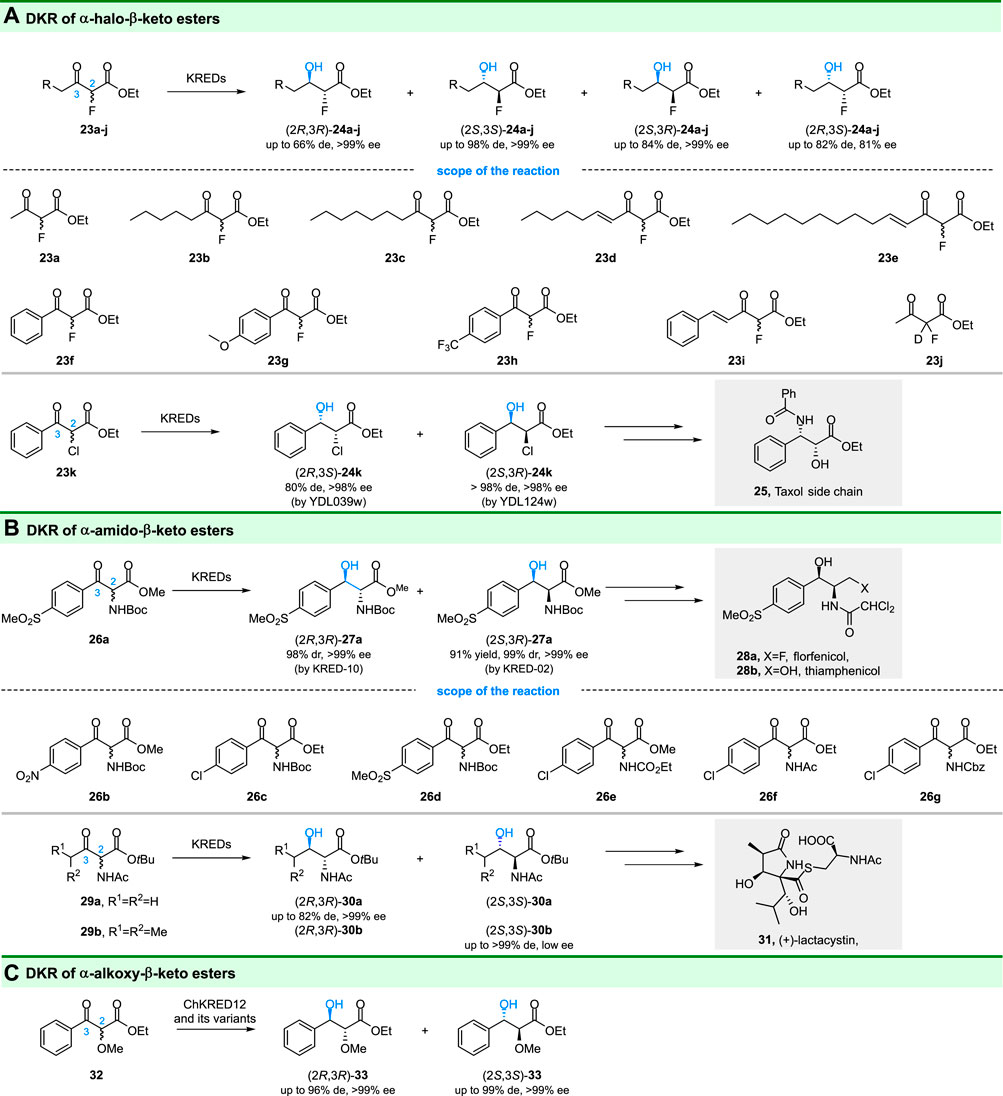Exploring the world of weight loss can often lead consumers into a confusing labyrinth filled with seemingly magical solutions promising immediate results. Amid such a variety of offerings, the groundbreaking Keto Catalyst Diet has emerged as a popular option that’s been creating significant buzz within the health and wellness circles. But is it worth the hype? We’ll help you find out in this in-depth article.
The ketogenic (Keto Catalyst Supplement) diet, with its heavy emphasis on fats and near-complete exclusion of carbohydrates, has been a nutritional strategy embraced by millions worldwide pursuing weight loss. A step beyond sits the Keto Catalyst Diet. This approach is based not just on the traditional ketogenic diet but also involves strategically incorporating certain supplements—known as “keto catalysts”—that potentially enhance weight loss efforts by optimizing the body’s shift into ketosis.
What is Ketosis? Understanding this key term is pivotal. Simply put, ketosis is a metabolic state where your body, Keto Catalyst REviews deprived of enough carbohydrates for energy, begins to burn stored fats instead. This process results in the production of molecules called ketones. By nurturing an enviably high metabolism and curbing appetite, ketosis is an invaluable ally for weight loss.
The Keto Catalyst Diet aspires to expedite your journey into ketosis and maintain it efficiently. By choosing keto-friendly foods and integrating specific natural supplements—probiotics, magnesium, omega-3s, to name a few—the diet aims to alleviate some of the challenges that accompany a transition to a ketogenic lifestyle, such as the dreaded ‘keto flu.’
The Keto Flu, characterized by fatigue, headache, and irritability, can occur when the body initially switches from burning glucose to fat for energy. This is where the concept of keto catalysts comes in. Certain supplements can not only curtail these experiences but also optimize the function of the heavily-fat dependent ketogenic system.
Despite its seeming charm, the Keto Catalyst Diet is not for everyone and varies distinctly from person to person. For example, while the incorporation of healthy fats in your diet can provide significant health benefits, some may struggle with a diet that is upwards of 60-80% fat. Therefore, it is essential to remember that consulting with a healthcare provider prior to starting the diet is crucial.
Another limitation worth noting is the reduction in fibre intake due to the strict limitation on carbohydrate foods. Rest assured though, a well-formulated keto catalyst diet that involves careful meal planning to include fibre-rich and nutrient-dense foods can successfully offset this concern.
That said, not all keto catalyst supplements work equally for everyone. Due to the varying nutritional needs of each person, there is no definitive “one size fits all” approach. Therefore, it’s paramount to navigate this terrain under professional supervision. Given the rising popularity of ketogenic diets, there’s a growing selection of products available to suit different nutritional needs.
In the realm of weight loss, the Keto Catalyst Diet does bring forth a promising proposition. While ketogenic diets were initially conceptualized to aid epilepsy treatment, owing to the novel use of fats for fuel, their positive impact on weight loss has made them increasingly popular among health-focused readers.
The Keto Catalyst Diet’s focus on nourishing, natural supplements as synergistic weight loss agents offers a promising way forward for those seeking to lose weight through a scientifically-backed and nutrition-focused approach. By favoring a high-fat, low-carb dietary routine and integrating certain supplements, this strategy can possibly assist in swift and sustained weight loss, while potentially minimizing unwanted side effects of the transition into a ketogenic lifestyle.
In closing, Keto Catalyst Supplement the Keto Catalyst Diet, while an exciting option within the weight loss landscape, must be approached with awareness, professional guidance, and tailored supplementation. As research on this subject continues to burgean, it’s clear this approach boasts potential, but it relies heavily on individual customization and accurate application.
Remember, successful weight management is not about drastic dietary measures, but consistent, sustainable habits and a well-balanced lifestyle. The Keto Catalyst Diet, if done right, can potentially be part of this holistic approach towards greater health and wellness.


 2. Increased Fat Intake: Try to get 70-75% of your daily calories from fats. Sources of healthy fats can include MCT oil, coconut oil, olive oil, and butter.
2. Increased Fat Intake: Try to get 70-75% of your daily calories from fats. Sources of healthy fats can include MCT oil, coconut oil, olive oil, and butter. Stick to your goals, listen to your body, and don’t forget to enjoy the journey towards a healthier you. Stay informed, aware and remember—your health is your wealth!
Stick to your goals, listen to your body, and don’t forget to enjoy the journey towards a healthier you. Stay informed, aware and remember—your health is your wealth!